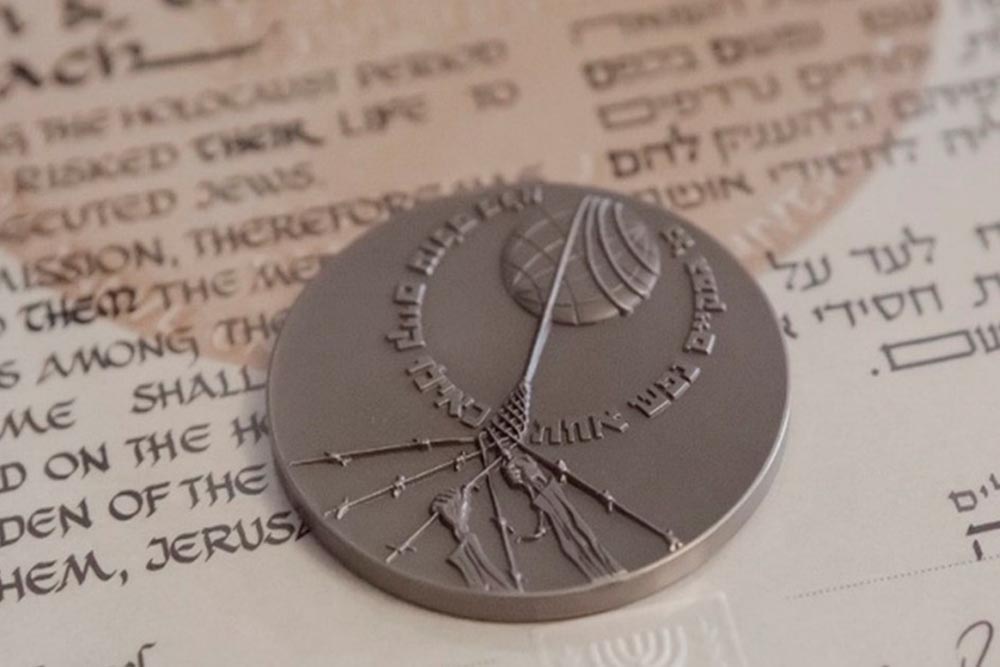Bank of Portraits / Bator Oleksandr and Mariia

Bator Oleksandr and Mariia
Oleksandr Bator with his wife Mariia and sons Myroslav and Petro lived in the village of Skala-Podilska (current – the village of Skala-Podilska, Chortkiv district) in the Ternopil region. While working as a construction worker, he befriended the Jew Mendel Rinhel.
In the summer of 1941, the region was occupied by Hitler's troops. A few months later, Mendel's family disappeared and communication ceased. Oleksandr found out that his comrade was sent to the ghetto in Borschiv together with all the local Jews. His tribesmen were brought there both from the city of Borshchiv and from Ozeriany, Melnytsia-Podilska, Skala-Podilska, Kryvche, Korolivka settlements, partly from the towns of Chortkiv and Zolochiv. In the spring of 1943, a significant number of slaves were staged from there to the Belzec death camp on the territory of Poland. Mendel Rinhel's wife, children and sister ended up there. Together with his son-in-law Abram Braides, he managed to escape from the Borschiv ghetto. Returning to the village, the men turned to Oleksandr Bator for help. A Ukrainian family hid the fugitives in the attic of the house and took care of them until the expulsion of the Nazis.
After the war, Mendel emigrated to Israel, and Abram (later changed his surname to Treisi) – to the United States.
In 2005, Yad Vashem recognized Oleksandr and Mariia Bator as Righteous Among the Nations.
Svitlana Datsenko
Kyiv
National museum of the History of Ukraine in the Second World War
-
fingerprintArtefacts
-
theatersVideo
-
subjectLibrary

